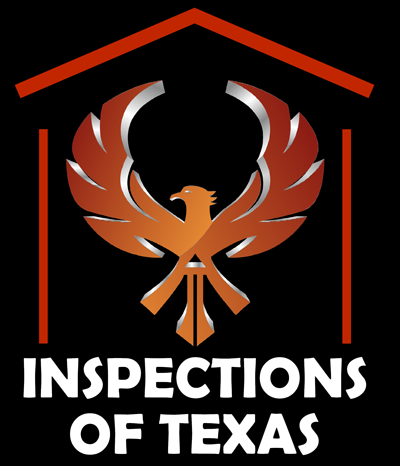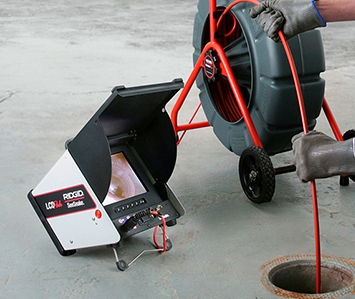Sewer scope inspections are the latest fad in the inspection industry, but it begs the question: Do you really need a sewer scope inspection? A home inspection will report deficiencies such as slow drainage which can indicate blockage or other issues. Since many inspectors are offering it as an extra service, there’s something you need to know. Should you have a home inspector scope the pipes or a licensed plumber do a hydrostatic test? We always recommend licensed plumbers make that decision rather than sell something you don’t need.
What IS a sewer scope inspection?
A sewer scope is a specialized tool that sends a camera from the main sewer line (close to the foundation) out to the city or septic system. The purpose of the scoping is to provide documentation of the condition of the main waste line. Plumbers are looking for visible cracks, roots growing into the system, or blockage. This information can be used for repair estimates if needed.
What does a sewer scope NOT do?
A camera is not typically run through the branch lines, which means portions of the system are not seen. It is not a preventative measure for cleaning or repairing. A sewer scope is not a definitive test for detecting leaks in the waste system. A hydrostatic test is best to determine if there are leaks under the slab. During a hydrostatic test the drain lines are blocked and filled with water. If the water level lowers, there is a leak. A hydrostatic test is only allowed to be completed by a licensed plumber, not a home inspector.
Who should scope sewers?
As of September 2020 home inspectors are allowed to perform sewer scope inspections, but it is outside TREC’s Standards of Practice. Properly scoping the drainage system takes extensive knowledge and experience in plumbing. A home inspector can only render an opinion on the condition of the sewer lines and recommend further evaluation by a licensed plumber. A licensed plumber can tell you what repairs may be needed, give an estimated cost, and perform the work.
If you have sewer scoping done, be sure to know what work that will be done. For instance, does the camera have a distance counter that reports the location of defects or issues? Make sure to read the service agreement for any fine print, limitations, and exclusions. Most importantly, be sure that you aren’t paying for something you don’t need.

